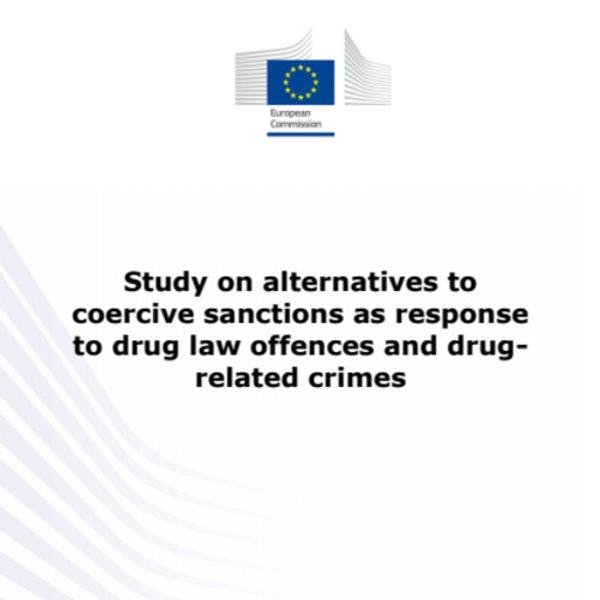Etude sur les alternatives aux peines coercitives comme réponse aux infractions aux lois sur les drogues et aux délits liés aux drogues
Rand examine les mesures disponibles pour répondre aux infractions liées aux drogues dans l’UE. Celles-ci comprennent les mesures de réinsertion et de non-intervention (en décidant de ne pas accuser ou de ne pas poursuivre) et celles qui sont utilisées à la place de la prison ou d’autres peines.
Pour en savoir plus, en anglais, veuillez lire les informations ci-dessous.
-----
This study aims to map alternatives to coercive sanctions (ACS) for drug law offences and drug-related crimes that are available under the law in each EU member state and describe the use of these sanctions in practice. This was complemented by a review of international research on the effectiveness of ACS in reducing reoffending and drug use.
For this study, building upon the EU Action Plan on Drugs 2013-2016, ACS were defined as measures that had some rehabilitative element or that constituted a non-intervention (for example, deciding not to charge or prosecute), as well as those used instead of prison or other punishment (for example, a suspended sentence with drug treatment). Further details of the measures included within the definition of ACS can be found in Section 1.2. This study builds upon a report produced by the EMCDDA (2015) on alternatives to punishment for drug-using offenders, widening the scope of that study by including a broader range of sanctions and by looking at practice in each member state in more detail.
Keep up-to-date with drug policy developments by subscribing to the IDPC Monthly Alert.
